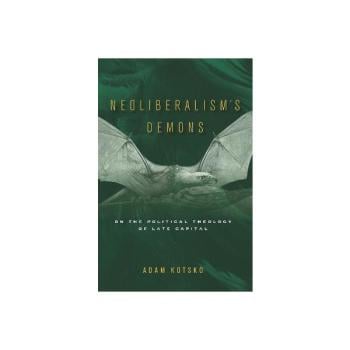In the juxtaposing of Herod and Jesus we see the fears of all the years meeting the Hope.
Who knows what was going through Herod's mind? I would assume it was a desire to please his political superiors, to gain a prestigious reputation and to avoid political failure and the perception of weakness. I would assume that, in his world, there was always a contender who was younger, stronger, and breathing down his neck. There was always a competitor. Insecurity, as Norris points out, can lead to terrible things.
The hope that goes toe-to-toe with the insecurity and fear of competition of each new generation is eloquently expressed in the lectionary text from Isaiah 63:7-9.
The character and actions of the God that the prophet portrays make insecurity and competition unnecessary. Competition meets divine companionship. The children don't need to wrangle over which one is the parent's favorite. God is companion to all. God is willing to bless all. In these few short verses Isaiah shows us a God who is gracious and praiseworthy. This God shows an abundance of steadfast love to God's people. God assures them that they are his children and that he is willing to trust them again if they will cease their rebellion. God reminds them that he became their savior in a time of great distress, that it is he who saved and redeemed them and will do so again.
To an insecure king, who himself exercises almost godlike power over his subjects, the son of such a God is the ultimate threat. We notice in the text that Herod is the narrative spark plug. His hatred and his insecurity instigate the major events of the text: the flight to Egypt and the family's settling in an obscure region of Galilee. He can instigate, but he can't follow through. His fury builds as he is repeatedly foiled in getting what he wants most in life. He is foiled, first by the wise men, then by an angel going behind his back, then by the young father himself. Joseph's strategy to "hide out" and avoid Herod's son is a 1st-century version of entering the Witness Protection Program.
Why is Herod filled with such burning fury to destroy this child? Because the Son of the God portrayed by Isaiah is a game changer, someone who can overturn a world. Insecurity, cruel competition, and arrogance cannot ultimately survive in the same world with such a God. The Son must be destroyed.
This passage from Matthew's infancy narrative is a proleptic passion and resurrection narrative. In it we see that God's Power Prevails. It prevails here as it did in the Exile from Egypt and as it will in the crucifixion and resurrection of this newly born savior. This Son is not destroyed as an infant, just as he is, ultimately, not destroyed as an adult.
Competition is overcome by Divine companionship.
Sources Cited:
A.W. Argyle, The Cambridge Bible Commentary on the New English Bible: The Gospel According to Matthew (Cambridge University Press, 1963)
John P. Meier, The Vision of Matthew: Christ, Church and Morality in the First Gospel (Paulist Press, 1978)
Kathleen Norris, Amazing Grace: A Vocabulary of Faith (New York: Riverhead, 1998)
Read John C. Holbert's Old Testament reflection for this week here.
Visit Alyce McKenzie's blog Knack for Noticing at the Preachers Portal here.





